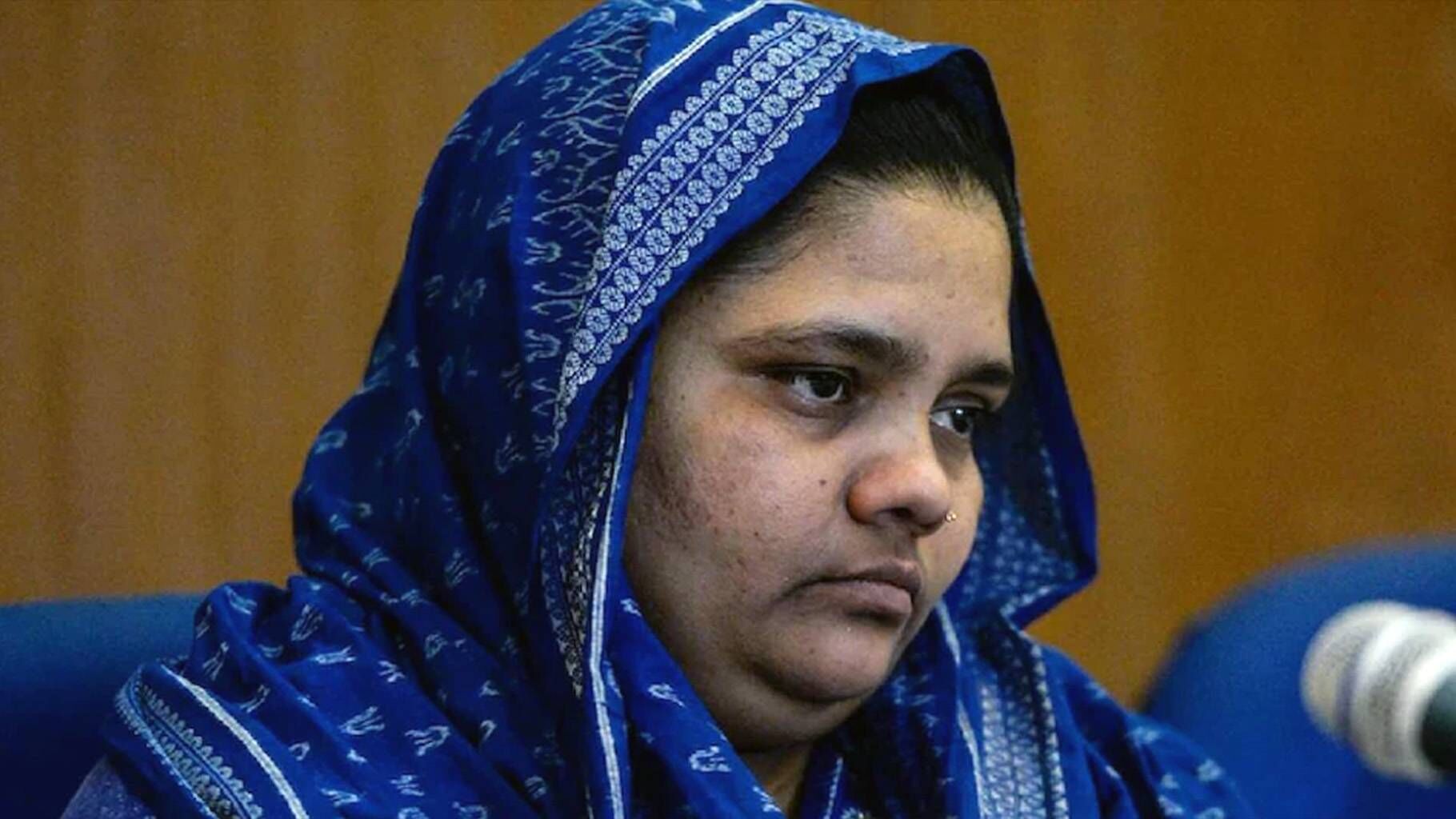Erroneous discretion

The release of 11 convicts in the Bilkis Bano case by the Gujarat government sent out a loud and clear message that justice can be denied in the name of justice, law can be defied in the name of legality and morals can be subdued in the guise of morality — all it requires is the whim of those in power and their political considerations. Bano — as a 21-year-old pregnant in 2002 — experienced unmatched trauma at the hands of a communally charged mob and today, ironically, she is forced to relive that trauma by none other than the Indian justice system! Things have changed for some. The then Gujarat Chief Minister now heads the national government, and those convicted of rape and massacre in 2008 are now welcomed as heroes, with garlands and feet-touching — a gesture of great respect in Hindu religion. Bilkis Bano, however, was a victim and remains a victim. Perhaps she, for being a woman and a Muslim in India, is too underprivileged to see things changing for good. There are some 6,000 activists, historians and common citizens who have issued a statement urging the Supreme Court of India to revoke premature release of the convicts in order to prevent the "grave miscarriage of justice". The moot question is whether the Supreme Court — which had identified the Gujarat government to be the appropriate authority to consider remission in the particular case back in May this year — consider this call for justice? It should. The unchallenged remission can have far-reaching implications in terms of setting up a poor legal precedent, diverting the course of justice in crimes against women and children in general, and approving the growing persecution of Muslims in India. The premature release of convicts arguably stands unjustified on the test of legality, morality and constitutionality. The Supreme Court, being the guardian of the Indian Constitution, can appropriately reconsider the decision. It is true that remission is allowed under the Indian Constitution in limited circumstances and the Supreme Court had already conferred the jurisdiction in Bilkis Bano remission case to the Gujarat government which acted on its discretion. It is also a valid argument, based on the tenets of law, that remission should not be denied to any person solely on the nature of crime. Under Section 432 of the CrPC, the statutory power of remission rests with the 'appropriate government' which "may suspend or remit a sentence, in whole or in part, with or without conditions." However, the Supreme Court, in State of Haryana vs. Mahender Singh (2007) noted that the right to be considered for remission is not a fundamental right. It is, at best, a legal right that can be exercised keeping "relevant factors" in mind. The substance contained in the body of law may not be self-sufficient to serve as the ground for remission. The spirit of the law needs to be accounted for as well. It perhaps requires the wisdom of the honourable Supreme Court to decode the spirit underlying Indian remission law and re-consider the case in question with more rigour than it might have been accorded by the Gujarat government. Remission is a delicate law and needs to be handled with extreme care — both in substance and in spirit. What unfolded in 2002 was a cold-blooded communal massacre that claimed lives of 14 people, including new-born babies, and saw women being raped by men of their neighbourhood with the shameful mentality of rendering "punishment". The crime didn't happen in a stroke of a moment. Bilkis Bano's family was hunted and devastated ruthlessly. By allowing the remission of the 11 convicts, the Gujarat government might be allowing men to rape women as a part of punishment; it might be allowing the majority to trample upon the life and dignity of the minority — with a surety of pardon. The Supreme Court can perhaps order an investigation into the authenticity of the grounds cited for remission, including the age of the convicts and their behaviour in prison. Remission is a tool aimed at reformation. The apex court is well within its right to examine if it is used for the right purpose in the present case. Though the court's consideration will purely be based on the merit of law, the political context of upcoming elections cannot be side-lined from the issue. It is sad to see that those who, at best, can be considered as subject of pardon, are being accorded the privilege of celebration. Hats off to the Bano family that braved all odds, maintained trust in the justice system and exemplified a fight that should inspire every commoner in India. Through a wiser reconsideration of remission within the ambit of law, the Supreme Court can ensure that their efforts for justice don't go in vain. For the moment, the safety and dignity of the family should be given the topmost priority.



